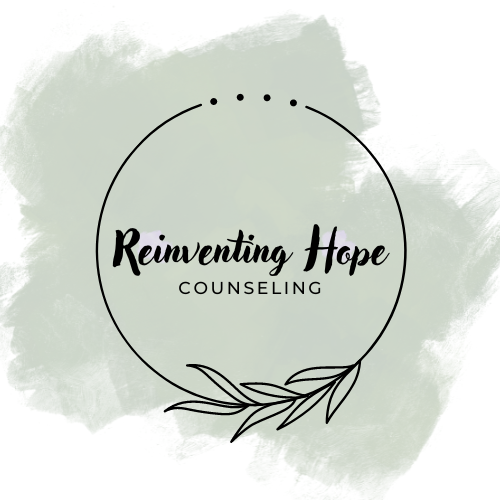Navigating Grief: Tips and Support from Personal Experience
Navigating Grief: Tips and Support from Personal Experience
In this journey of learning and teaching trauma work, understanding the impact of grief is deeply personal. Many people don't realize that one of the reasons I am passionate about trauma work is because I understand the helplessness, pain, and traumatic impact of grief. Eight years ago today, I unexpectedly lost my dad, and it has been a journey filled with both sorrow and moments of beauty. During that time, I wished someone had shared a few tips with my younger self, so I thought I would pass them along:
Allow yourself to grieve: Suppressing or ignoring your feelings can prolong the healing process. Acknowledge your emotions, accept them, and give yourself permission to process. There's no "right" way to grieve, so stop shouldering the responsibility of taking care of others or trying to be the "strong one."
Seek support: Find genuine support from people who understand you or seek the help of a therapist. Having a safe space where you feel understood can provide comfort and assistance in navigating through depression loops.
Take care of yourself: Grief can have a profound impact on your physical and emotional well-being. Engage in regular exercise, consume nutritious meals, and ensure you get enough rest. A healthy body and brain are essential for processing grief.
Practice self-care and find healthy outlets to express your feelings: Engage in activities that bring you comfort and joy, such as pursuing hobbies, practicing mindfulness and meditation, spending time in nature, reading, listening to music, or taking relaxing baths. Additionally, consider journaling, creating art, exercising, or practicing mindfulness and meditation as healthy outlets for expressing your emotions. Even if it feels uncomfortable at first, these activities can offer relief, rejuvenation, and facilitate healing.
Honor the memory of your loved one: Discover meaningful ways to commemorate and honor the person you've lost. This could include creating a memory box, writing letters, planting a tree, or participating in activities that held significance for them. Honoring their memory can bring comfort and a sense of connection. For me, it ranged from listening to songs that reminded me of him to rooting against the Florida Gators during football season. ;)
Give yourself time: Healing from grief is a process that takes time. Be patient with yourself and allow yourself to heal at your own pace. Accept that grief may come in waves, and it's normal to have good and bad days. Treat yourself with kindness, compassion, and self-acceptance as you navigate the ups and downs of the grief journey.
Losing a loved one is a challenging experience, and working through grief is never easy. Remember to offer yourself grace, compassion, and time, just as you would to a friend going through a similar situation.
Here's a picture of my dad and me, capturing his curiosity in things with my famous 'are you serious' expression.

